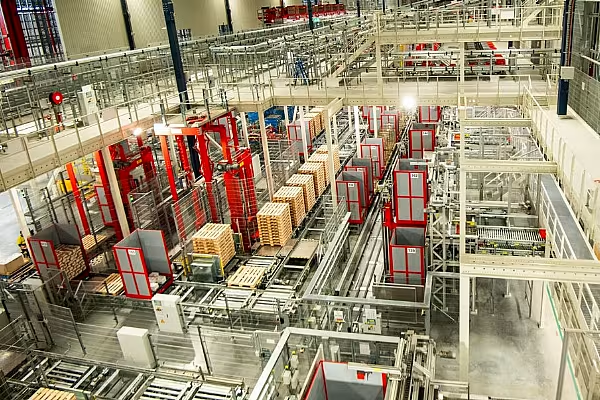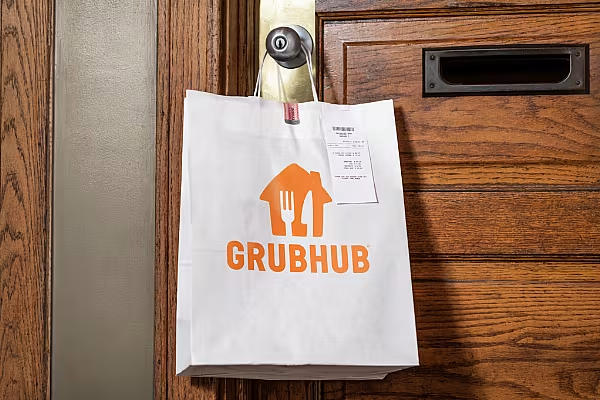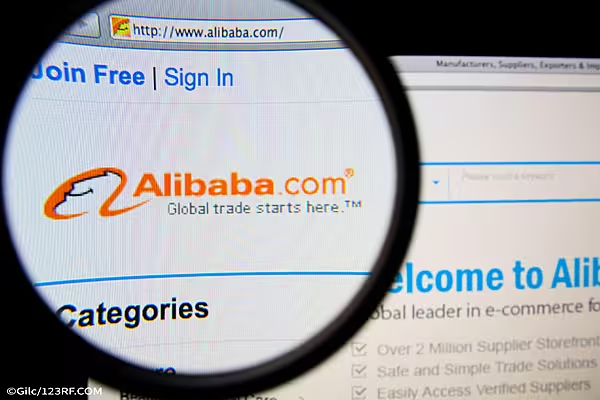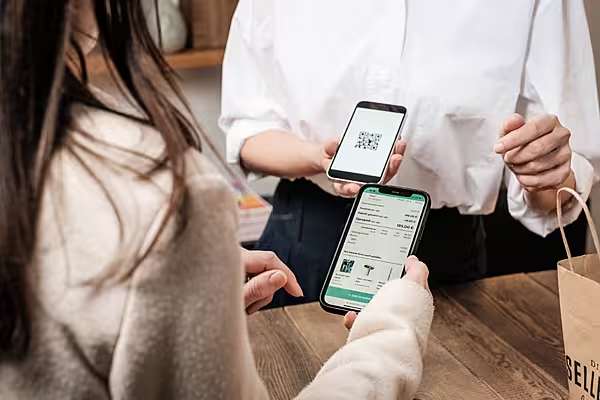Over the past decade, the relationship between consumers and retailers has altered dramatically.
A shopping experience is no longer about struggling to find a car parking space at the local shopping centre on a Sunday morning. All manner of goods can now be purchased at the touch of a button. Technology has opened up a whole new world of choice and possibility that would have been unfathomable for previous generations.
But is modern technology enhancing the shopping experience of the average consumer? The answer may not be as straightforward as it seems.
Customers Won’t Wait
A new study from IBM indicates that many modern consumers are dissatisfied with the current retail experience – both in-store and online.
The Revolutionize retail with AI everywhere: Customers won't wait study surveyed nearly 20,000 global consumers, and found only 9% of consumers surveyed say they are content with in-store shopping, while only 14% are content with online shopping.
When it comes to shopping in-store, those surveyed wanted more choice of products available (37%), more information about products (26%), and faster checkout (26%) in stores.
Not surprisingly, six in ten consumers said inflation has impacted how they shop, with 62% saying that price is a top reason they switch stores or brands.
Mobile Apps
In addition, the study showed that most consumers (65%) are supplementing their in-store experience by using mobile apps while shopping, which IBM believes points to a trend toward a digitally integrated in-store experience.
Two-thirds of consumers surveyed say they have discovered new products through the web, yet many have expressed dissatisfaction with their online shopping journey, citing challenges finding the products they want (36%), not enough information about products (33%), and a cumbersome return process (33%).
'Unprecedented Opportunity'
"In the face of rapidly shifting consumer expectations and the stark realities of today's economic picture for households, the retail sector is presented with an ongoing challenge—and an unprecedented opportunity," said Luq Niazi, global managing director at IBM.
"We are seeing that today's consumers, faced with more choices and channels than ever, are increasingly making their purchasing decisions based on the cost and the quality of experiences that retailers provide."
AI Enhancements
According to IBM technology could play a major role in enhancing the overall shopping experience, with over half of the respondents indicating they are eager for artificial intelligence enhancements like virtual assistants (55%) and AI applications (59%) as they shop.
Furthermore, most consumers (59%) said they would like to use AI applications as they shop and four in five consumers who haven't used the technology for shopping reported an interest in trying it.
The report shows personalisation and targeted offerings are in demand, with 52% of consumers surveyed interested in receiving information, advertisements, and offerings from stores that are relevant to their specific interests.
'Stark Satisfaction Gap'
Despite this, IBM said a 'stark satisfaction gap' is evident for current AI assistant users surveyed.
Only one-third of consumers who have used virtual assistants are satisfied with the experience, while nearly 20% were so disappointed that they don't want to use virtual assistants again.
IBM said this signals a discrepancy between current tech offerings and shopper expectations.
'Personalised And Efficient'
According to Niaz, the study underscores an “opportunity for retailers to integrate AI and other technologies into both digital and physical shopping experiences to meet these changing consumer demands and their economic challenges.
"Leveraging advances in AI technologies, retailers can forge ahead into a new era of commerce and fulfilment, leading with innovation to create shopping experiences that are intuitive, unified, personalised and efficient."
Read More: IBM’s Elaine Parr And Sevgi Koklu On How Technology Can Be A Sustainability Enabler














